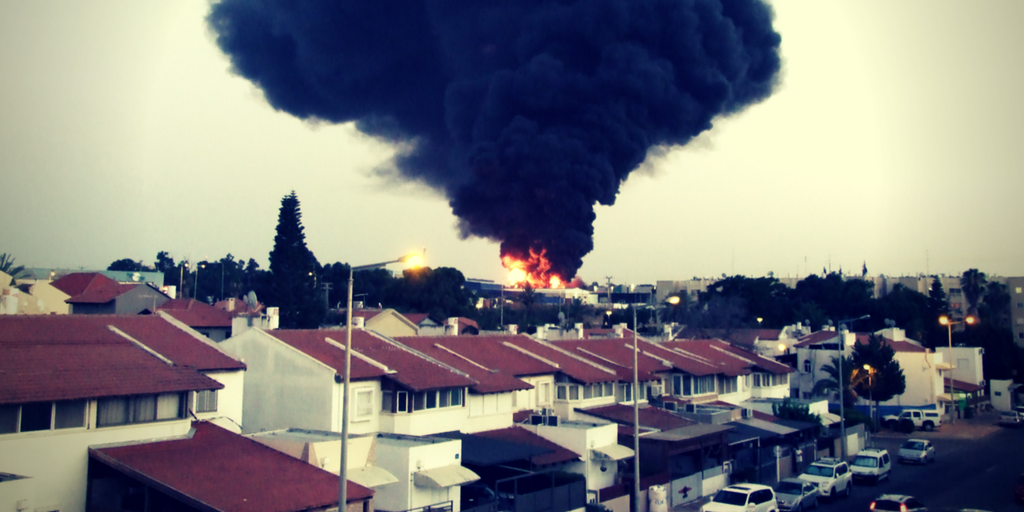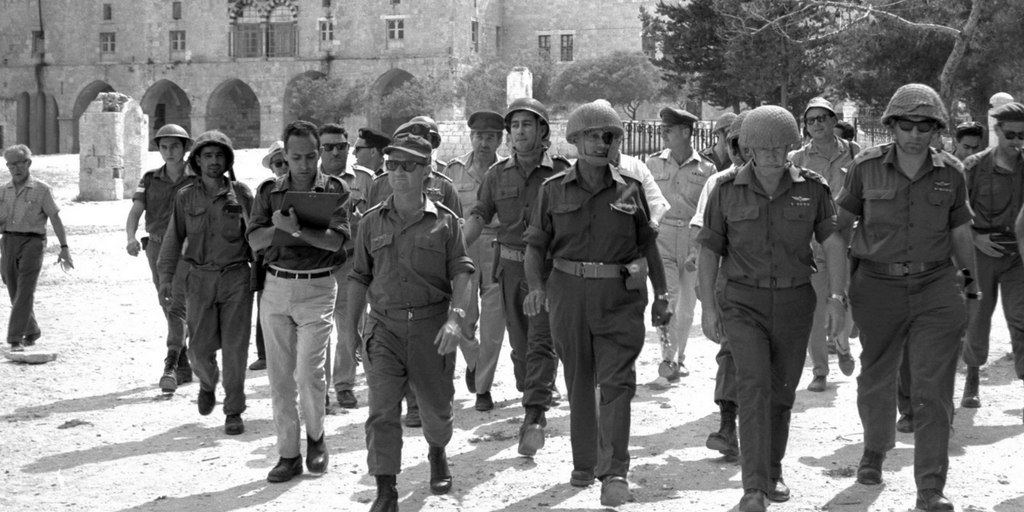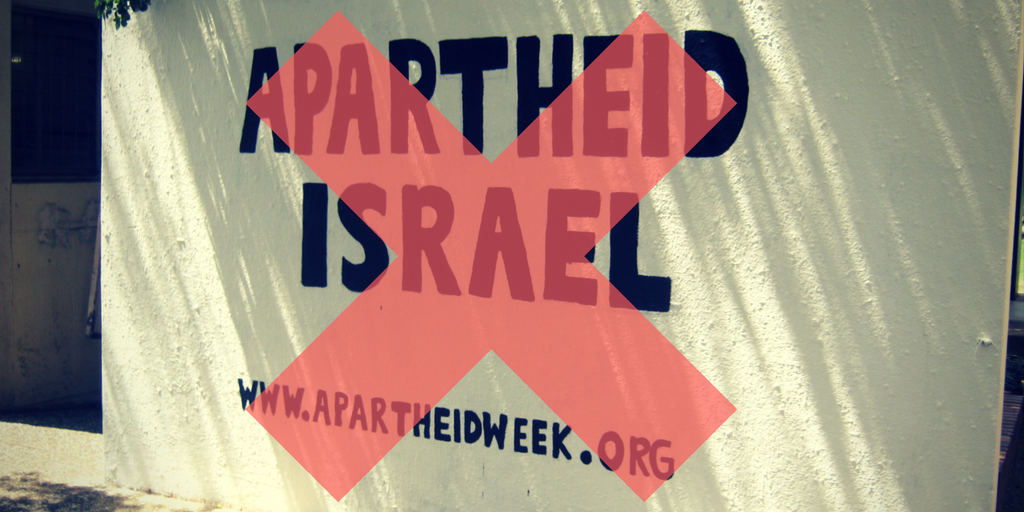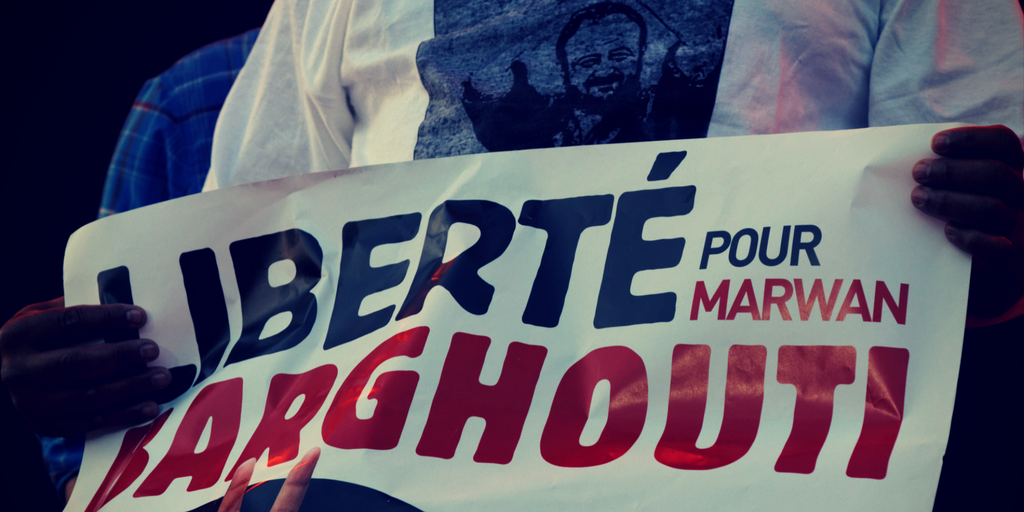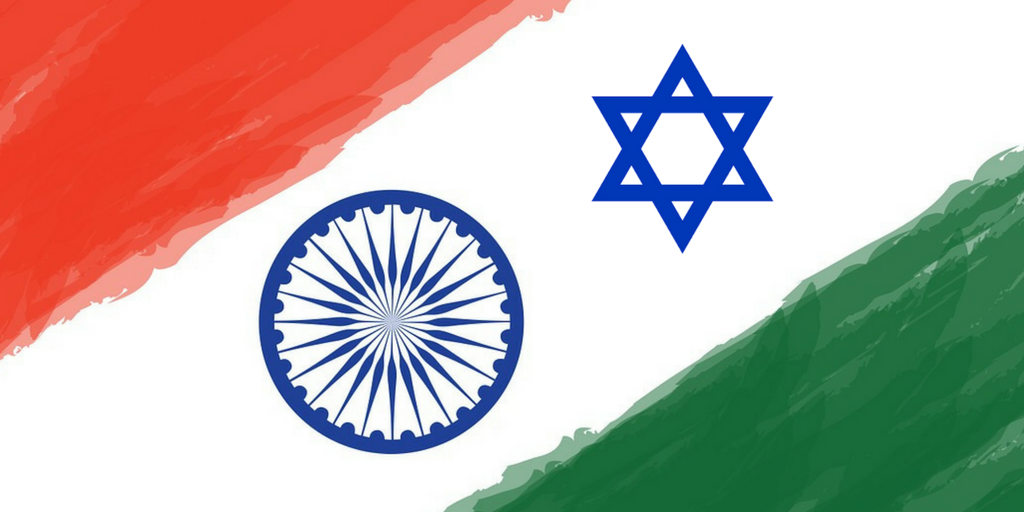The ingredients for a bright future.
I am on my way to Israel to celebrate the 70th birthday of the Jewish state. Having experienced many of Israel’s birthdays before, when the country was noticeably less mature or prosperous, this birthday is a special occasion. With all the glory attached to the coming of age, there are also sets of precedents that require caution and good judgment.
The number 70 has meaningful commutations in Jewish tradition. It recalls the 70-year Babylonian Exile that led to the start of the Second Jewish Commonwealth in 530 BCE. The return to the Land of Israel occurred through the Charter given by the Persian Emperor Cyrus the Great, allowing Jews who wished to return to “Jerusalem that is in Judah” and build a “House for the God of Heaven” to do so. Prime Minister Netanyahu, in praising Donald Trump’s recognition of Jerusalem as Israel’s capital, compared him to King Cyrus the Great. Similarly, President Harry Truman was told that in recognizing the Jewish state, he would become another King Cyrus for Jews everywhere.
Zerubbabel, a descendent of King David, led the first wave of returnees to Jerusalem. The second wave come with the Scribe Ezra (book of Ezra in the third portion of the Hebrew Bible called Ketuvim). The third stage of mass return to the land occurred with Nehemiah, a high official in the Persian Empire administration.
The first returnees had to deal with the Samaritans and the Ammonites, in the same way the 19th and 20th century returnees had to deal with the Arabs. The Samaritans, like the Arabs of later times, were brought into the land of Israel by the Assyrian kings at the end of the Eight Century BCE in place of the Israelites they had deported. Arabs settled in the Land of Israel following the deportation of the Jews (most but not all) by the Romans in the aftermath of the Jewish rebellion, which ended in the destruction of the Second Temple in 70 CE.
Waves of conquerors of the land of Israel, which the Romans renamed Syria Palestina, settled in place of the exiled Jews. The name Palestina had nothing to do with Arab-Palestinians of today. It was named after the Philistines, people related to the Greeks who originally invaded the coastal cities of Israel from the Aegean Sea. By the time the First Temple was destroyed by the Babylonians in 586 BCE, no traces were left of the Philistines. Under the Arab conquerors and the Ottoman Turkish rule (1516-1918), and especially during the British Mandate (1918-1948), many Arabs from neighboring states settled in Palestine, propelled by industry and jobs created by Jewish pioneers.
There are additional similarities between the returnees from the Babylonian Exile and Israelis today. Many were “post-Zionist.” Zerubbabel intended to rebuild the land of Zion, shaping it in the image and glory of the kingdoms of David and Solomon. Many of the returnees sought to blend with the prevailing cultures of the surrounding nations. In Israel today, a segment of the population are regarding themselves as post-Zionist. They seek to be part of the larger world and blend with the prevailing western culture. They are choosing universalism versus Jewish particularism.
In recent decades, Israel as a nation has become largely conservative. It is evidenced by the electoral majorities of the right-of-center parties’ garner. Surveys indicate that 65% of the electorate has been voting for parties right-of-center. The leftist parties, including the Labor Party now called the Zionist Camp, is a fading shadow of its progenitor, the once powerful Mapai (Mifleget Poali Eretz Israel) party.
While Israel has become a richer country, not everyone has shared in its prosperity. The current Israeli government seeks to motivate the ultra-religious haredi community into entering the workforce as well as increasing the Arab sector involvement in the workforce. The current unemployment rate in Israel (April 2018) is 3.8%. Israel has a far higher employment rate than the average European Union or even the U.S., at 64%. Israel’s Gross Domestic Product (GDP) is forecasted by the International Monetary Fund to be $37,485.67 PPP (Purchasing Power Parity) in December, 2018. In December, 2022 Israel’s GDP PPP is projected to stand at $42,496.31. In 1980, Israel’s GDP PPP was $7,062.57, meaning that Israel’s GDP PPP grew by over six times. Italy, with a population of over 60 million, by comparison grew only four times from 1980 ($10,543.69) to 2022 ($44,129.81). Israel’s innovations in bio-technology, agriculture, medicine, to name but a few sectors, are incredible. Israeli companies are second only to the U.S. in trading on the U.S. stock markets.
Life has improved for most Israelis not only in economic terms. A 2016 UN survey showed that the Jewish state ranks 11th in the Global Happiness Index, above Germany, the UK, Italy, Ireland, France and the U.S., in spite of facing wars on a regular basis in the volatile and unstable Middle East region. Denmark was listed as the happiest nation in the world.
A survey conducted by Israel’s Democracy Institute and Tel Aviv University in May, 2017 found that 66% of Arab-Israeli respondents considered life in Israel as being “good” or “very good.” According to the Jewish People Policy Institute (JPPI) Annual Pluralism Index (April 20, 2017), “90% of Jewish Israelis and almost 80% of Arab Israelis felt ‘comfortable’ or ‘very comfortable’ to be ‘who they are’. Among Jews the sense of comfort is greater for those who define themselves further to the right on the political or religious spectrum. Among Arabs, the sense of comfort is greater for those who define their main identity as ‘Israeli’, and lower among those who define their main identity as ‘Arab’ or ‘Palestinian’.
Israel, in 2018, is a stronger state militarily as well in relation to its regional enemies. Moreover, the threat that Iran poses to the Middle East region as a whole, has brought the Gulf Arabs and Saudi Arabia in particular, to recognize Israel as an “ally” of sorts. Iran is seen by them as an existential threat, and it is likewise for Israel. Egypt’s economic weakness has impacted on its potential threat to Israel. Cairo, much like Riyadh, views Iran and its agent Hezbollah as a greater threat than Israel. Israel’s military is now larger in manpower, better equipped than ever before, and still highly motivated. Syria and Iraq, once bitter enemies of Israel, have been incapacitated by civil-wars and internal strife. Hezbollah, the Lebanese based terror organization poses a danger to Israel’s population, but Israel has the means to deal with it, as it has dealt with Hamas in Gaza.
The Talmud attributes the destruction of the Second Temple in 70 CE to groundless hatred (Sinat Chinam), which was endemic to national Jewish life at that time. Famed Rabbi Abraham Isaac Kook, the first Chief Rabbi of Israel, wrote that if the Second Temple was destroyed and the people scattered through groundless hatred, then the Temple will be rebuilt and the Jewish people gather together through Causeless Love (Ahavat Chinam). As Israel celebrates its 70th birthday, it must be cautious not to repeat the divisiveness of the Second Commonwealth in which groundless hatred and in-fighting brought down the Temple and caused Exile. Only good judgement and national cohesion will lead to Israel’s bright future.
Originally Posted on FrontPageMag.


